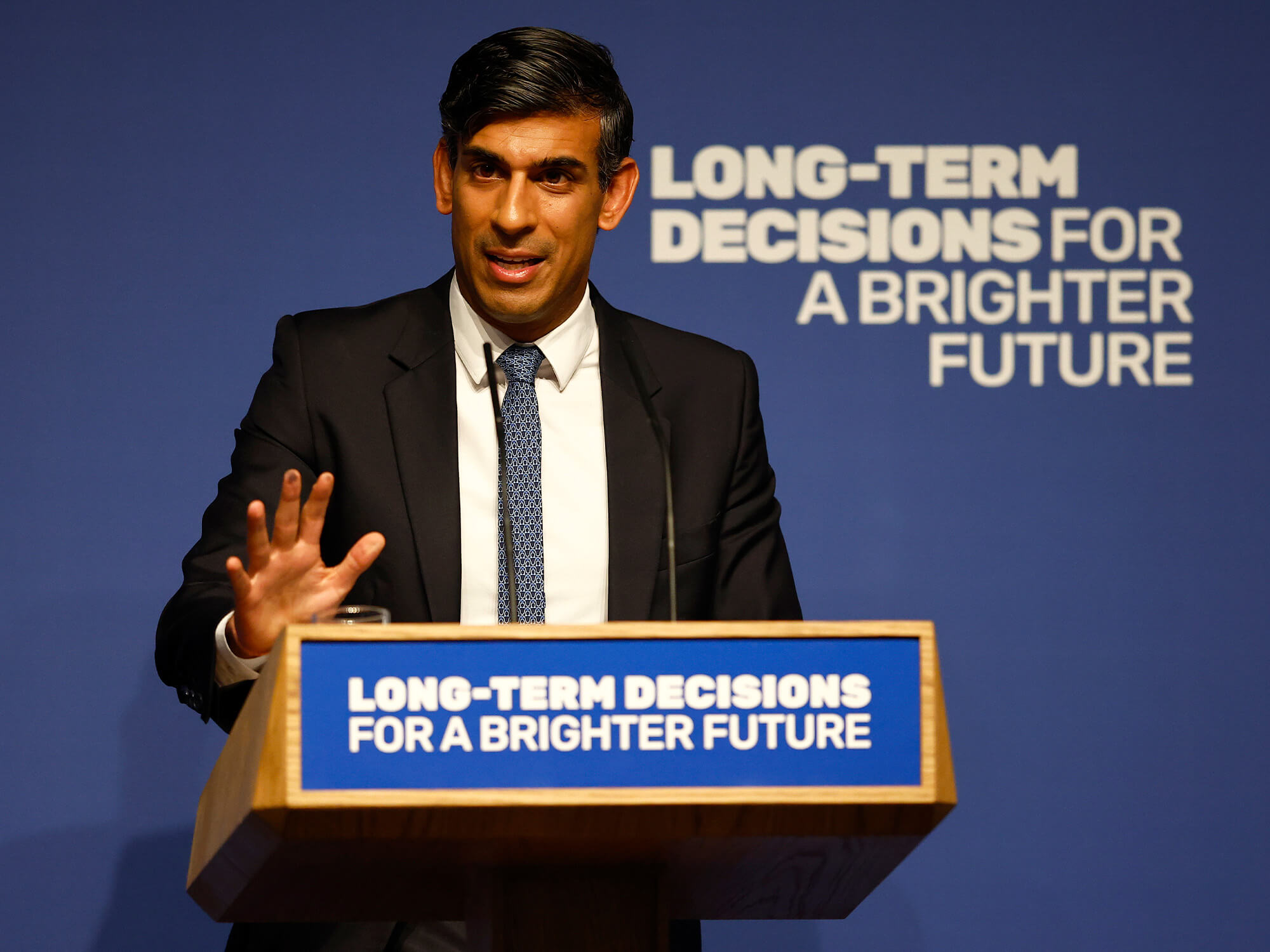UK Music Chief asks PM why AI’s impact on the music industry is not on the agenda at AI Safety Summit
“Music generated by AI should be labelled as such to protect the consumer from confusion. Consumers need to be able to make an informed decision.”

Image: Peter Nicholls / Getty
Ahead of this year’s AI Safety Summit, a letter to UK Prime Minister Rishi Sunak was sent by UK Music’s Interim Chief Executive, Tom Kiehl. In his letter, Kiehl address his concerns regarding how AI affects those in the music industry.
As you may already know, The AI Safety Summit 2023 is taking place across today and tomorrow (1 and 2 November). The summit is the first major global event on Artificial Intelligence hosted at Bletchley Park, Buckinghamshire in the UK.
The summit, according to the UK Government website, brings together international governments, leading AI companies, civil society groups and experts in research to consider the risks of AI and discuss how they can be mitigated through “internationally coordinated action.”
In Kiehl’s letter (via Mixmag), he states, “We note the impact of AI on the UK music industry – despite the multi-billion-pound annual contribution to the UK economy by our sector which provides jobs for over 200,000 people – is not explicitly on the agenda at this summit.”
Elsewhere, he outlines consent and transparency as two key principles which should be considered by the government when it comes to the music industry, both at domestic and international levels.
“Machine learning involves numerous rights, including copyright, which in most countries are not subject to an exception that restricts creators and rights holders’ abilities to exercise their rights,” Kiehl says. “As a general principle, the use of music during the ingestion process (in the past, present and future) should always require permission from the creator and the rights holder.”
He adds: “Failure to ensure this basic human right will jeopardise thousands of UK jobs and threaten the fragile talent pipeline on which the music industry relies to nurture the music professionals who are the envy of the world.”
Addressing the importance of transparency, Kiehl also argues that AI platform providers should keep auditable records of the music they use to train machines before the algorithm can generate new music: “This is the only point in the process when these data points can be duly documented,” he says.
“Music generated by AI should be labelled as such to protect the consumer from confusion. Consumers need to be able to make an informed decision before acquiring goods or services.”
Read the full letter from Tom Kiehl via UK Music.